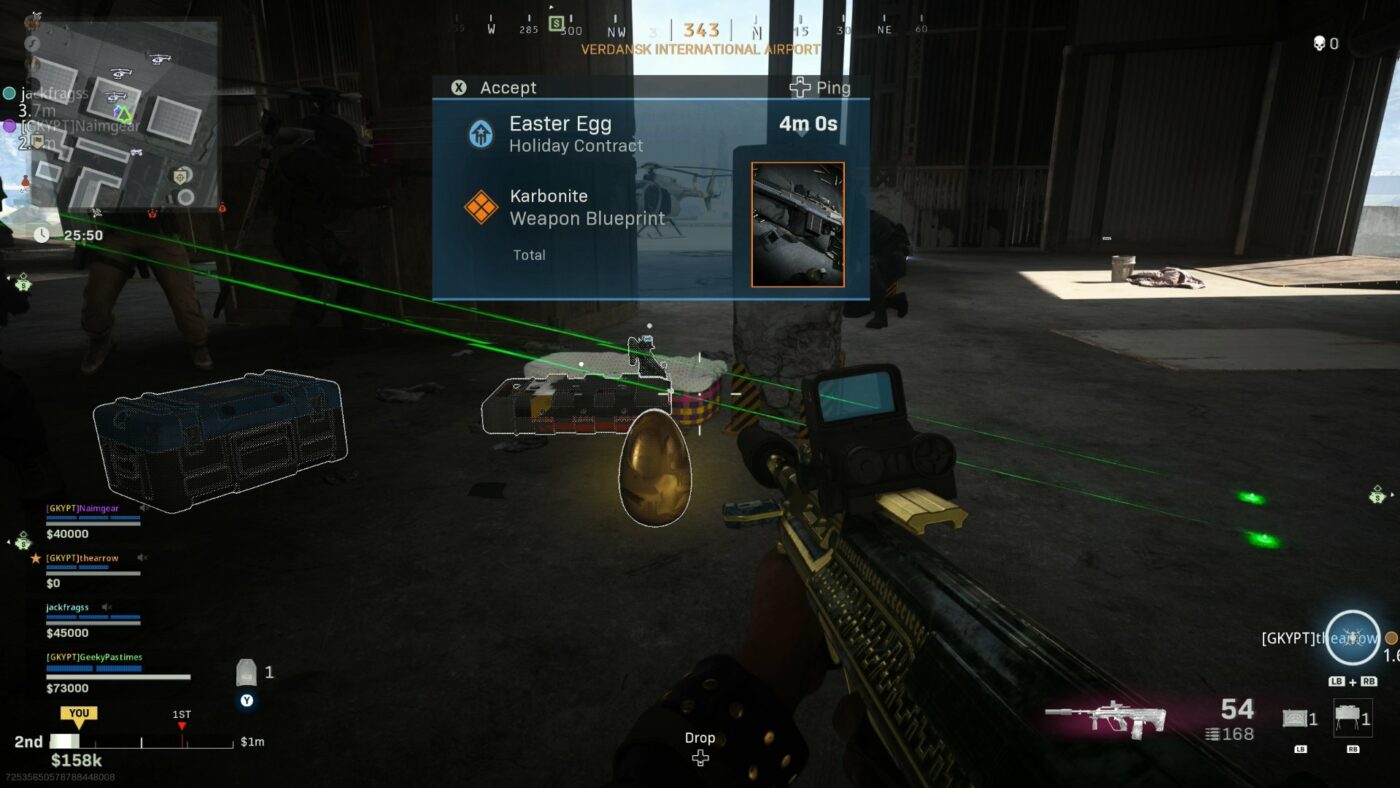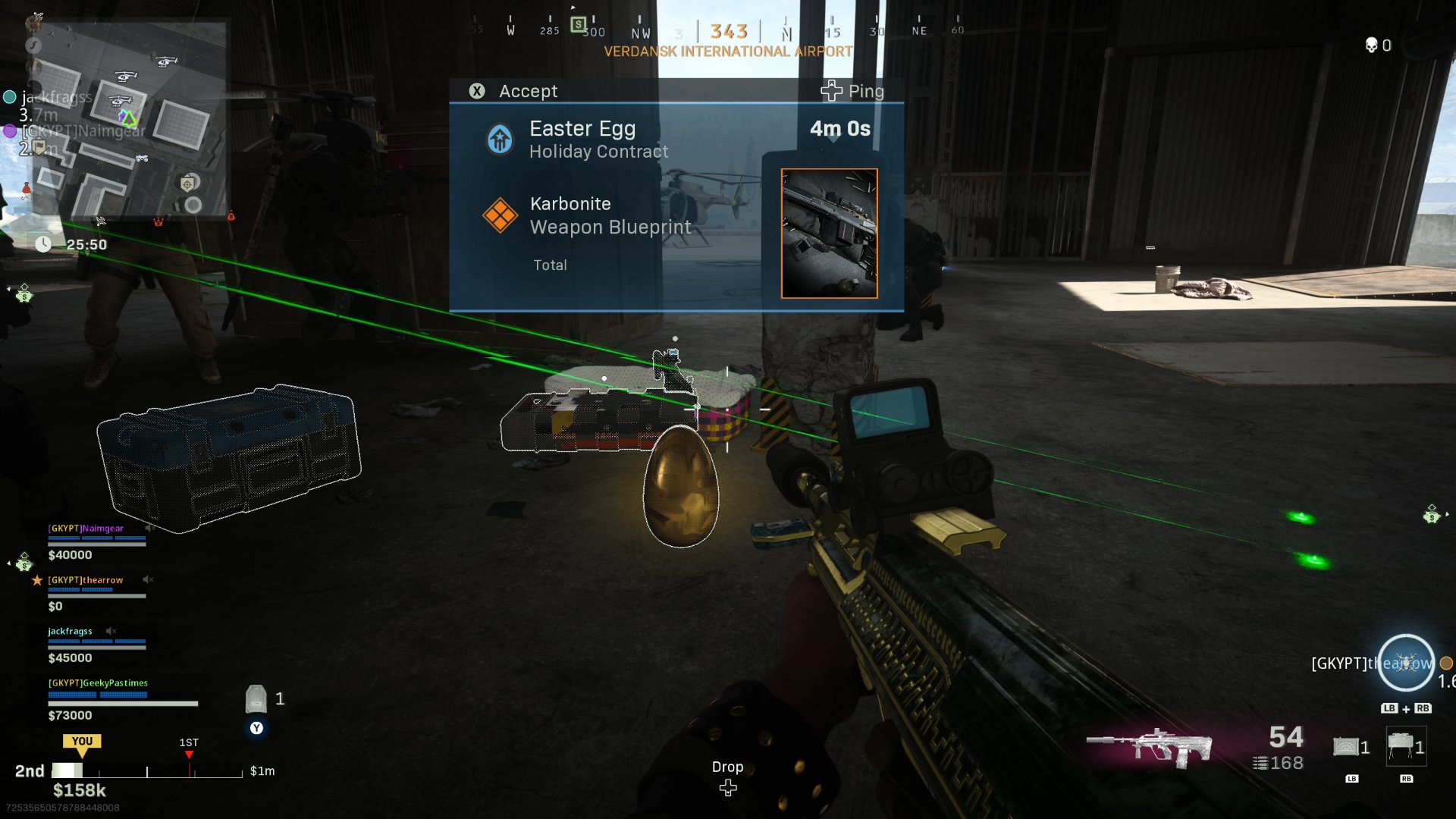
The findings also indicate that governments respond to IDP flows after movement, whereas rebels respond to IDP flows during movement. While scholars have found that more information about civilian behavior causes combatants to employ more selective violence, our results suggest that more information about displacement prompts more collective violence from governments. Transit locations, meanwhile, become epicenters of rebel violence against civilians. We find that the greater the local clustering of IDP flows – i.e., the less complex and diverse displacement movements are – the more pro-government combatants are able to detect IDPs’ origins and destinations, and the higher the number of civilian killings. Drawing on novel subnational data from Syria, we employ social network analysis to examine migration flow characteristics beyond aggregate IDP inflows and outflows. Rebel responses are driven by their need to monitor and control civilian movements, which leads to more violence against civilians in transit areas heavily trafficked by IDPs. State responses are driven by the need to identify insurgents and their civilian supporters, and depend on how much information they have about where IDPs are coming from and where they are seeking to resettle. How do flows of internally displaced persons (IDPs) affect wartime violence? We argue that government and rebel forces respond to IDP flows in different ways, which condition where and when they employ violence. These findings highlight the strategic conditions under which territorial competition shapes rebel criminal behavior. Results show that rebels seeking territorial control substantially increase poaching rates. I match spatially disaggregated conflict event data to subnational poaching data in conflict-affected African countries. Subsequently, I focus on the example of ivory poaching which offers a rare glimpse into the usually hidden resource extraction process. First, I show globally that moderate territorial control predicts more resource extraction by rebels. I test this proposition in a two-tiered research design. Territorial competition facilitates black market access, generates financial pressure, and produces governance incentives for rebels to extract natural resources. Why? I argue that rebels extract more resources when they compete with governments over territorial authority. Yet rebels do not always exploit resources wherever they are present. The presence of natural resources makes civil conflicts more likely to erupt, last longer, and more difficult to end. Our findings bridge the environmental conflict literature and the resource curse literature, and offer important policy implications.


We test our arguments using data on armed groups, natural disasters, and rebel contraband, and the results of the logit models with interaction terms support our hypotheses. In contrast, rebel groups that rely on smuggling natural resources, due to a higher level of flexibility and mobility, are more likely to survive natural disasters. Rebel groups that depend on extorting resource production, despite having a seemingly stable revenue stream, are more likely to face funding cuts after a severe natural disaster. How rebel groups exploit natural resource wealth also conditions the effect of natural disasters on rebel group resilience. Rebel groups that obtain their funding from natural resources are more susceptible to natural disasters because this funding source could be easily disrupted by rapid-onset disasters. In this article, we argue that whether natural disasters hurt rebel group resilience depends on their funding source and the mode of resource extraction. Existing literature on the relationship between natural disasters and conflicts provides mixed findings.


 0 kommentar(er)
0 kommentar(er)
